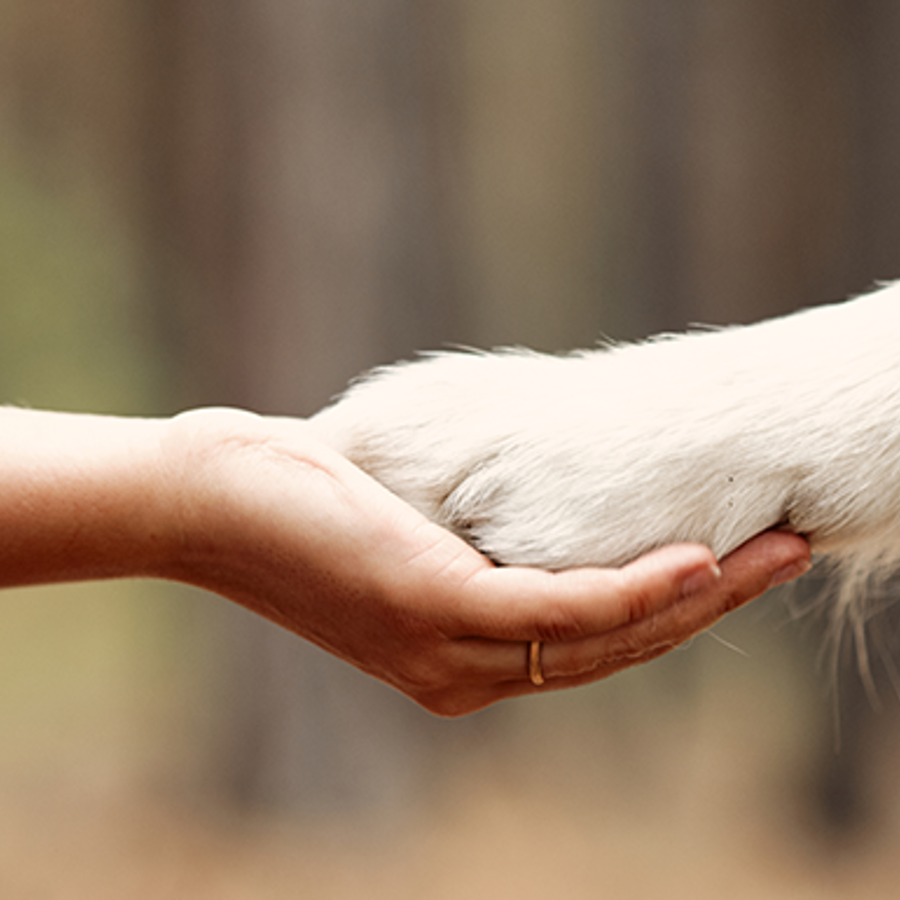From ancient times to the present day, the bond between dogs and humans has been a source of fascination and inspiration. This unique relationship, rooted in mutual respect, loyalty, and affection, has stood the test of time, evolving into one of the most profound interspecies connections known to mankind. In this article, we delve into the depths of this extraordinary bond, exploring its origins, benefits, and the myriad ways in which dogs enrich our lives.
The Origins of the Bond
The story of the dog-human relationship is a tale as old as civilization itself. Archaeological evidence suggests that dogs were the first domesticated animals, with their domestication dating back at least 15,000 years. This process likely began when early humans and wolves found mutual benefit in each other’s company. Wolves, with their keen senses and hunting prowess, provided protection and assistance in hunting. In return, they received the security and resources offered by human settlements. Over generations, these wolves evolved into the diverse array of dog breeds we know today, each tailored to specific tasks and companionship roles.
The Benefits of the Bond
The bond between dogs and humans is not just a product of history; it is a relationship that continues to offer a multitude of benefits to both parties. For humans, dogs provide companionship, emotional support, and unconditional love. They have been shown to reduce stress, anxiety, and depression, and can even improve cardiovascular health through the encouragement of physical activity. Moreover, dogs have been trained to assist individuals with disabilities, serving as guide dogs for the blind, hearing dogs for the deaf, and service dogs for those with physical and intellectual disabilities.
For dogs, the bond with humans offers safety, security, and a stable source of food and shelter. Beyond the basics, however, dogs thrive on the emotional connection with their human companions. They are social creatures that seek out the company and approval of their human family members, responding to positive reinforcement and affection.
The Emotional Connection
At the heart of the dog-human bond is an emotional connection that transcends words. Dogs are known for their ability to sense and respond to human emotions, often providing comfort during times of distress. This empathetic nature is not just a product of domestication but is a trait that dogs have honed over millennia of living alongside humans. The loyalty and devotion of dogs are legendary, with countless stories of dogs braving danger to protect their human companions or waiting patiently for their return.
The Role of Dogs in Society
Beyond the personal bonds they form with individual humans, dogs play a significant role in society at large. They serve as police and military working dogs, detecting drugs, explosives, and assisting in search and rescue operations. Therapy dogs bring joy and comfort to hospitals, nursing homes, and schools, while herding and working dogs continue to play vital roles in agriculture and livestock management.
Conclusion
The bond between dogs and humans is a testament to the power of companionship and mutual respect between species. It is a relationship that has evolved over thousands of years, adapting and strengthening with each passing generation. Dogs enrich our lives in countless ways, offering us their loyalty, love, and unwavering support. In return, they ask for little more than our care, companionship, and affection. As we continue to explore the depths of this extraordinary bond, it becomes clear that the relationship between dogs and humans is not just one of convenience but one of true friendship and mutual benefit that will endure for generations to come.
